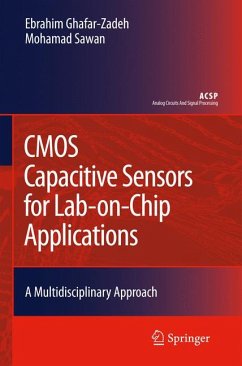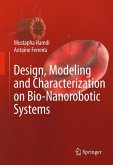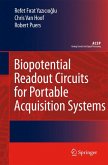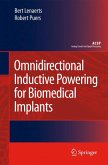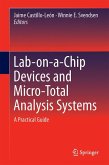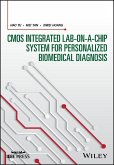Laboratory-on-Chip (LoC) is a multidisciplinary approach toward the miniaturization, integration and automation of biological assays. A biological laboratory contains various pieces of equipment used for performing a variety of biological protocols. The engineering aspect of LoC design is aiming to embed all these components in a single chip for single-purpose applications. LoC is a young discipline which is expected to subsequently expand over the next few years, stimulated by considerable development of applications in the mechanical, biochemical and electrical engineering domains. Among various microelectronic devices employed for LoC applications, CMOS capacitive sensors have received a significant interest for several applications including DNA detection, antibody-antigen recognition and bacteria growth monitoring. The main components of CMOS capacitive biosensors including sensing electrodes, bio-functionalized sensing layer, interface circuitries and microfluidic packaging are verbosely explained in chapters 2-6 after a brief introduction on CMOS based LoCs in Chapter 1.
CMOS Capacitive Sensors for Lab-on-Chip Applications is written in a simple pedagogical way. It emphasises practical aspects of fully integrated CMOS biosensors rather than mathematical calculations and theoretical details. By using
CMOS Capacitive Sensors for Lab-on-Chip Applications, the reader will have circuit design methodologies, main important biological capacitive interfaces and the required microfluidic fabrication procedures to create capacitive biosensor through standard CMOS process.
Dieser Download kann aus rechtlichen Gründen nur mit Rechnungsadresse in A, B, BG, CY, CZ, D, DK, EW, E, FIN, F, GR, HR, H, IRL, I, LT, L, LR, M, NL, PL, P, R, S, SLO, SK ausgeliefert werden.

